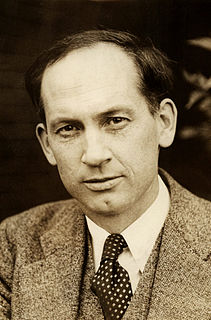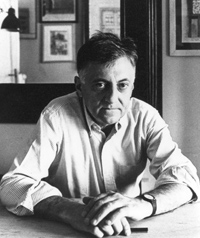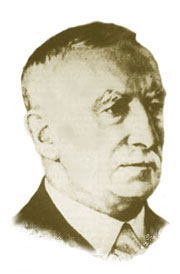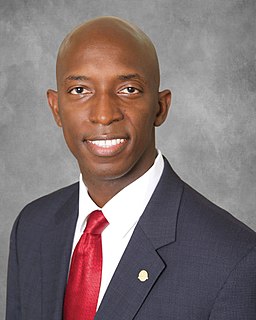A Quote by Ralph Davis
History attempts to provide society with an artificial collective memory.
Quote Topics
Related Quotes
It is true that one of the first acts of tyrants is to erase history, to wipe out the recorded memory of a people. With that in mind, it's important to remember that the work that we do as writers, artists and performers will form an essential part of the collective memory that future generations will draw upon. And so we owe it to those future generations to defend that memory and be honest witnesses to our times.
I want my work to become part of our visual history, to enter our collective memory and our collective conscience. I hope it will serve to remind us that history's deepest tragedies concern not the great protagonists who set events in motion but the countless ordinary people who are caught up in those events and torn apart by their remorseless fury. I have been a witness, and these pictures are my testimony. The events I have recorded should not be forgotten and must not be repeated.
No society can sustain unlimited growth - none ever has. History demonstrates that expectations of infinite growth lead to collapse. Unfortunately, millennia of evidence also indicates that needed attempts to stabilize such societies run counter to the expectations of the populace and of interest groups. For that reason, such attempts at stabilization frequently fail.
You could make a good case that the history of social life is about the history of the technology of memory. That social order and control, structure of governance, social cohesion in states or organizations larger than face-to-face society depends on the nature of the technology of memory - both how it works and what it remembers. In short, what societies value is what they memorize, and how they memorize it, and who has access to its memorized form determines the structure of power that the society represents and acts from.
The society of merchants can be defined as a society in which things disappear in favor of signs. When a ruling class measures its fortunes, not by the acre of land or the ingot of gold, but by the number of figures corresponding ideally to a certain number of exchange operations, it thereby condemns itself to setting a certain kind of humbug at the center of its experience and its universe. A society founded on signs is, in its essence, an artificial society in which man's carnal truth is handled as something artificial.


































